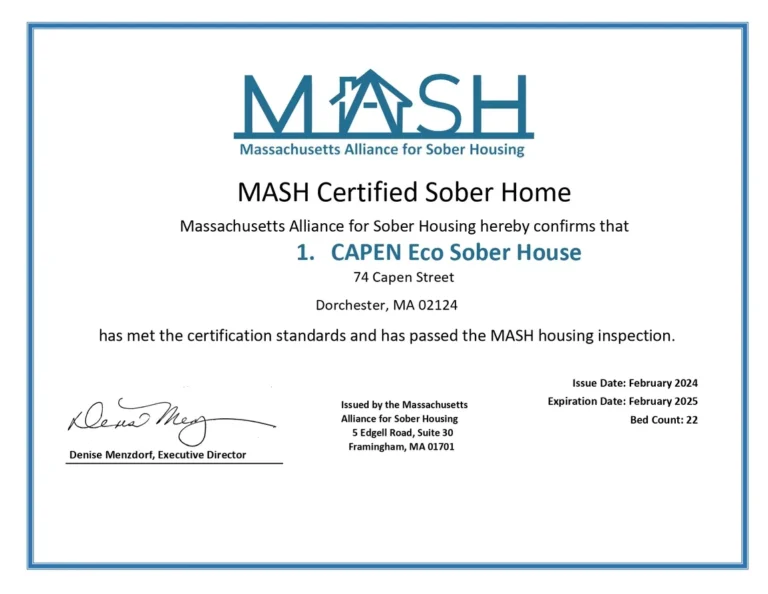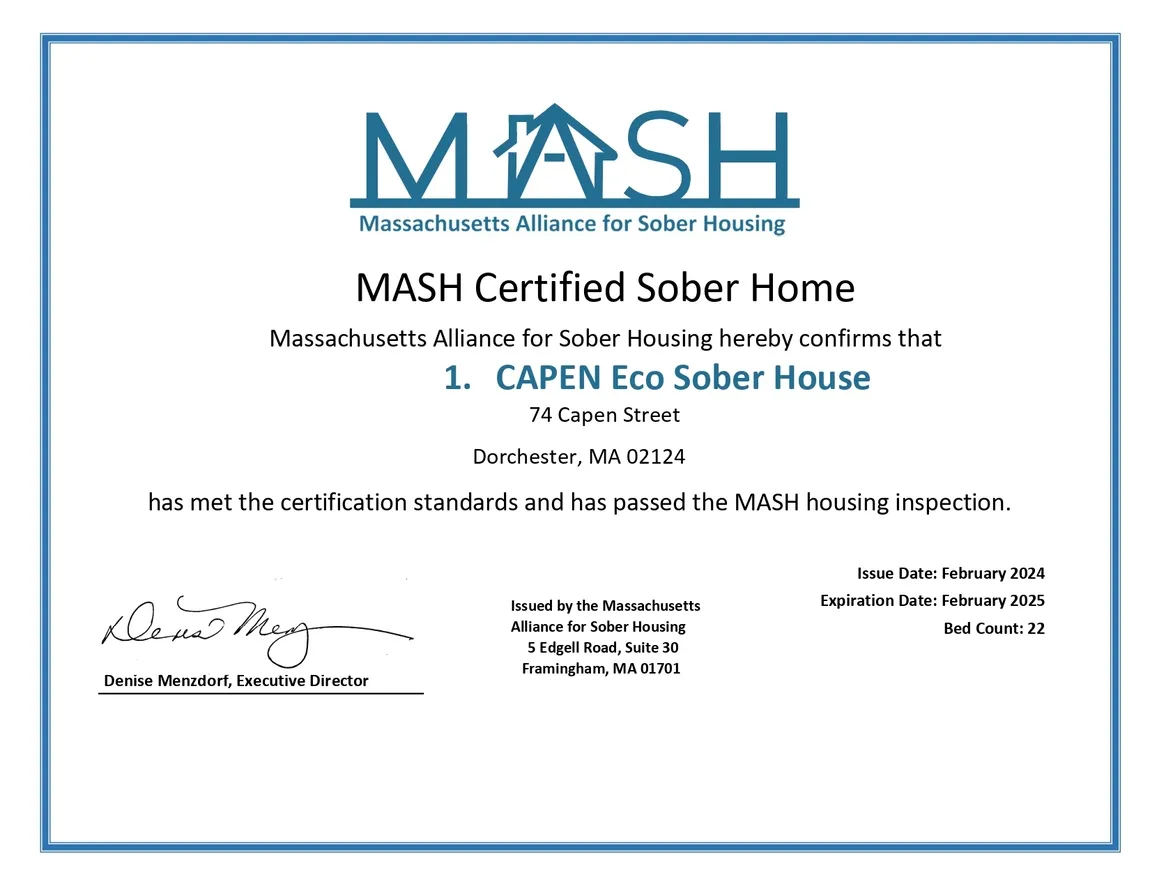Top Strategies for Successful Transition to Sober Life

Learning to identify relapse warning signs and prevention strategies is crucial in maintaining long-term recovery. Consistent involvement in group homes and transitional housing programs provides an environment of accountability and support. Structured programs furnish individuals with coping mechanisms to handle the enticements and pressures that may threaten sobriety. Collaborating in a supportive network, such as a sober living house, bolsters the capacity to face challenging conditions with resilience. Recovery centers play a vital role in providing a structured and supportive environment for individuals seeking addiction recovery.
Success Stories: Inspiring Stories of Recovery
For more insights, refer to our article on family support in addiction recovery. It’s important to remember that each person’s journey is unique, and finding the right combination of strategies and support is key to long-lasting sobriety. Inspirational addiction recovery stories are a great way to motivate those struggling with addiction. By hearing real-life sobriety stories from recovery addicts, individuals can see that recovery is possible and start to believe in themselves. Addiction Recovery Stories not only provide hope for individuals but also bring attention to the challenges of addiction and inspire others to fight through their struggles.
‘I Quit Alcohol Four Years Ago—My Life Changed Completely’
- Discover more about Colleen’s triumph over adversity in our article on addiction recovery success stories.
- They can allow individuals to relate to someone who has gone through a similar experience or can illustrate that recovery is possible.
- He’s now five years sober, back in school studying psychology, and volunteers as a peer support specialist for others struggling with addiction.
But the illusion of control quickly shattered as Jake’s use escalated. He dropped out of college, lost his part-time job, and alienated his friends and family. For three years, Jake’s life revolved around scoring and using meth, punctuated by periods of paranoia, hallucinations, and crushing depression. Addiction is Substance abuse a relentless beast, tearing apart lives, families, and communities with savage indifference.
Top Strategies for Successful Transition to Sober Life

Combatting social stigma involves fostering a supportive and understanding environment that emphasizes that seeking help for addiction is a courageous act of self-care and strength. By dismantling misconceptions and promoting empathy, individuals in recovery can overcome feelings of shame and focus on building a future free from addiction. To learn more about addressing shame and guilt in recovery, explore our article on how to deal with shame and guilt in recovery. Milestones in addiction recovery symbolize not only progress but also determination and unwavering commitment to personal growth. They act as tangible evidence of resilience, inspiring individuals to continue their journey despite challenges. Recognizing each milestone, regardless of its timing in the recovery process, fosters a sense of accomplishment and reinforces the strength of achieved sobriety.
- The wisdom gained through the journey of recovery is invaluable.
- Call today to speak with one of our treatment specialists and learn more about options for addiction rehab.
- My son was 8 years old when I quit drinking for good and it wasn’t until after I got sober that I realized how aware of my drinking he had been.
- Discovering a sense of purpose provides individuals with a renewed sense of identity and direction.
- Even if we cannot assist you, we will lead you to wherever you can get support.
Beyond Perfectionism: Tina Sasso’s Story of Empowerment and Positive Change

You need =https://ecosoberhouse.com/ a contingency plan in place to strengthen your resolve if life in recovery ever gets tough. There’s little more challenging than fighting cravings for drugs or alcohol while you’re clinging to sobriety. These stories reflect the strength and determination of individuals who have overcome the grip of addiction and embraced a life of recovery. Their experiences offer inspiration, support, and encouragement to those still fighting their battles. The path of sobriety felt like an uncharted territory, filled with uncomfortable feelings and unknown challenges.
Addressing underlying emotional issues through therapy and counseling is also crucial in the recovery process. By exploring the root causes of addiction and developing coping strategies to deal with emotional triggers, individuals can build a strong foundation for long-term sobriety. Success stories are not just about overcoming addiction but about achieving personal growth and reaching milestones in sobriety. Witnessing others’ achievements reinforces the belief that a fulfilling and productive sober life is possible.

Long-term studies have shown encouraging results for individuals in addiction recovery. Nearly 90% of those who remain abstinent for two years continue to be drug- and alcohol-free even after ten years 3. This highlights the potential for sustained recovery and a brighter future for those committed to their journey of sobriety. Recovery from addiction is a challenging journey, but there are key factors that contribute to successful outcomes. In this section, we will explore some important elements that play a significant role in addiction recovery. Watch the below encouraging substance abuse recovery stories and see how you or a loved one can transition to drug recovery success.
- Sometimes I couldn’t wait and I drank on the way home and I would be drunk when I arrived.
- You’ll see clearly that addiction doesn’t discriminate, and that anyone can become addicted.
- Through the courage to face reality, embrace vulnerability, and accept the need for change, individuals lay the foundation for a journey of growth, resilience, and hope.
There are many ways to get sober and 12 Step is just one of them. However, it was foolish of me sober success stories to stop drinking on my own without consulting a doctor. Holistic approaches to addiction recovery integrate body, mind, and spirit to achieve complete well-being. Integrating mindfulness and emotional sobriety into recovery practices is invaluable in enhancing the sustainability of sobriety.


